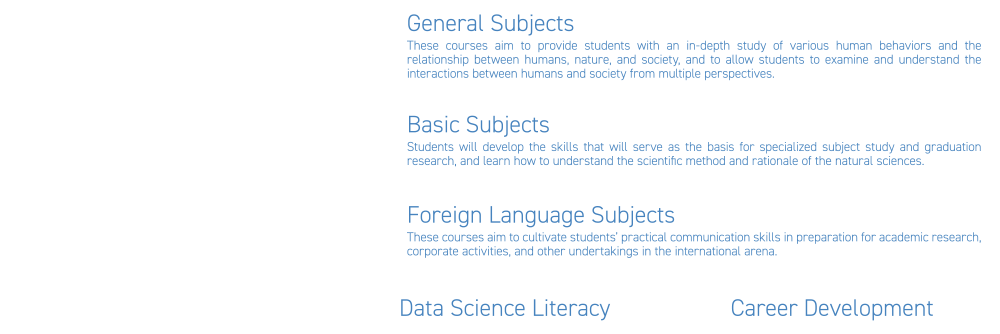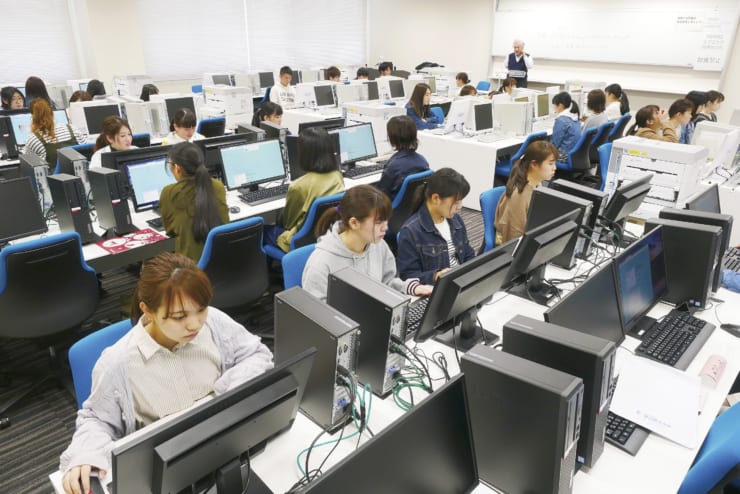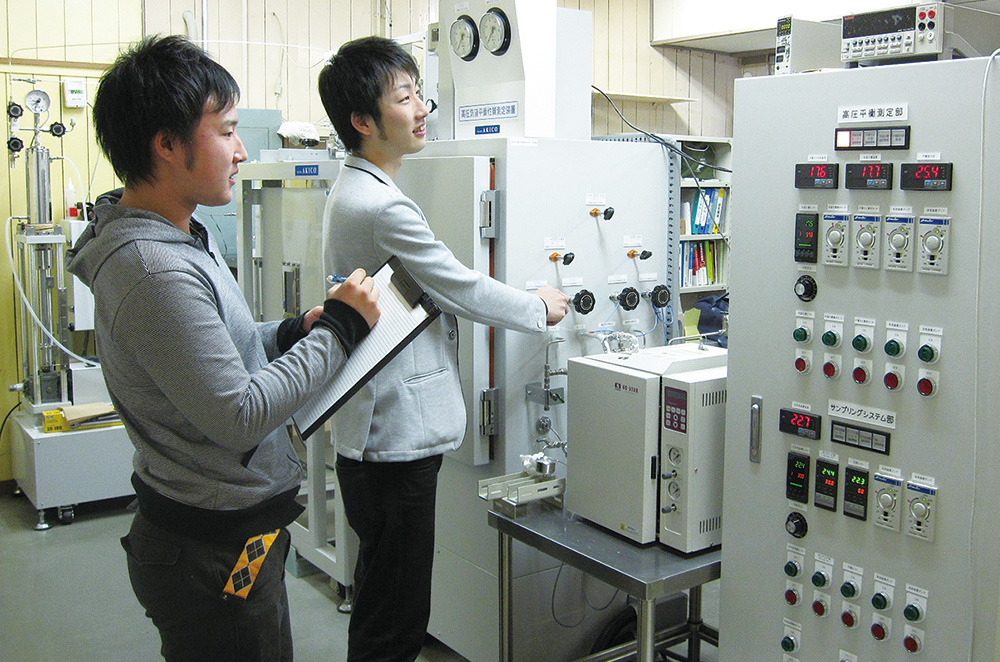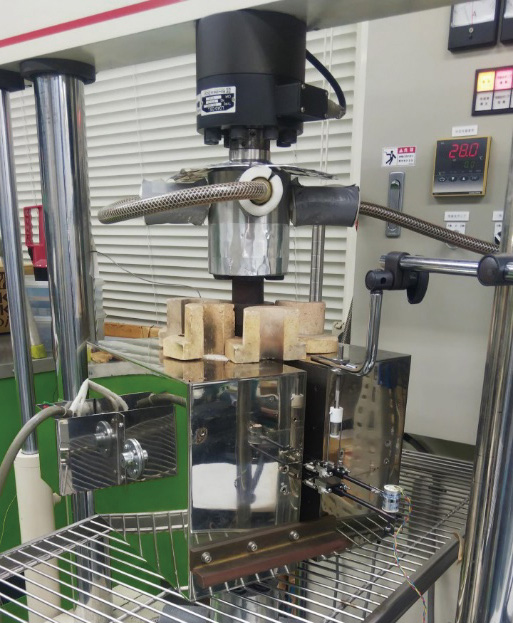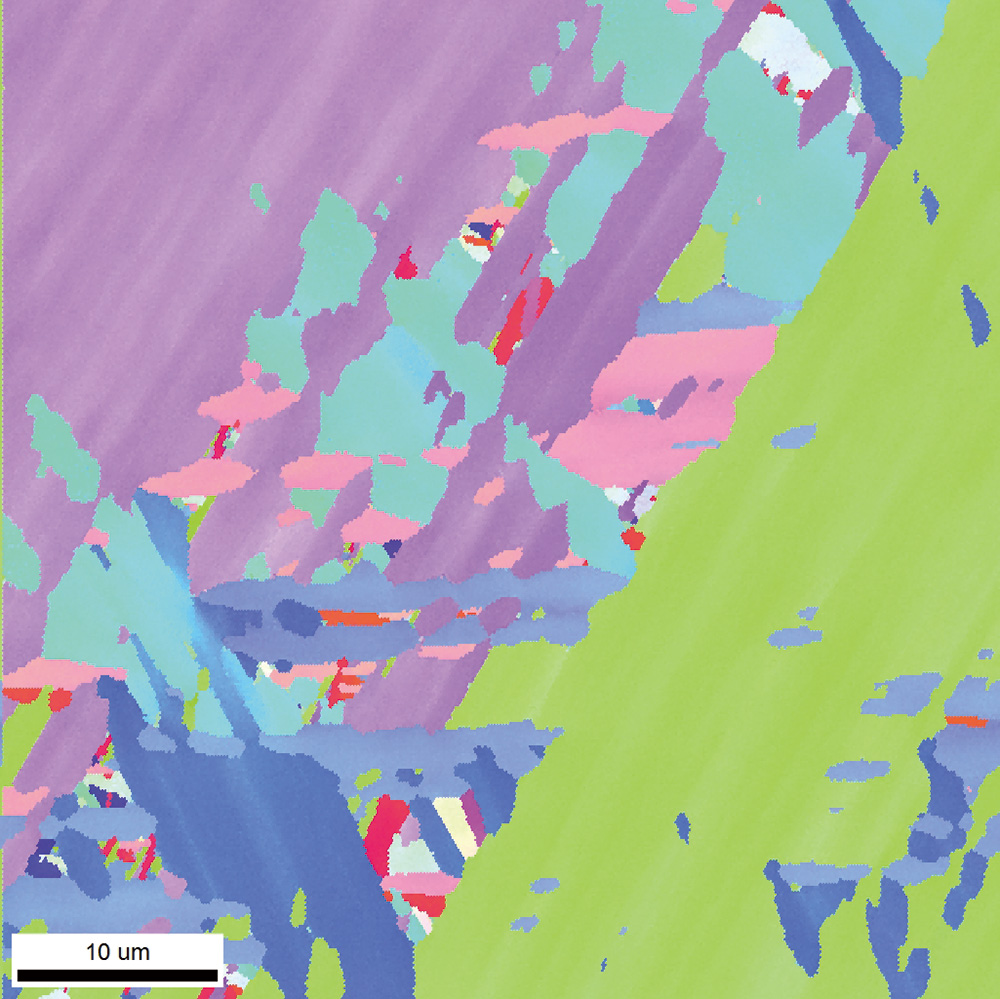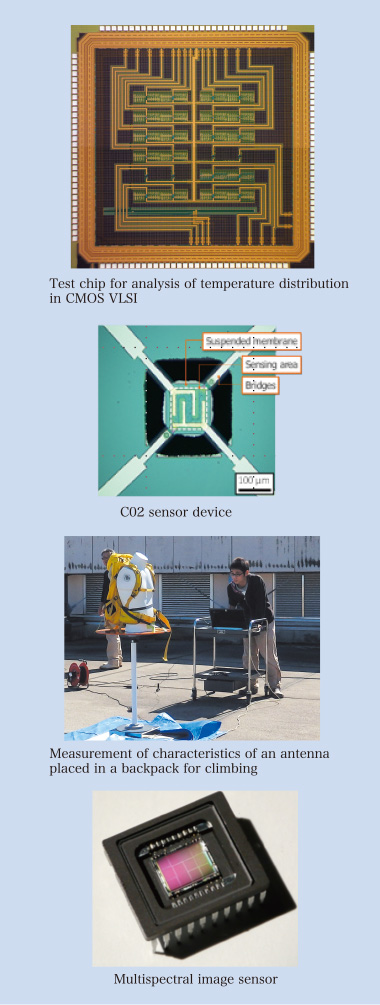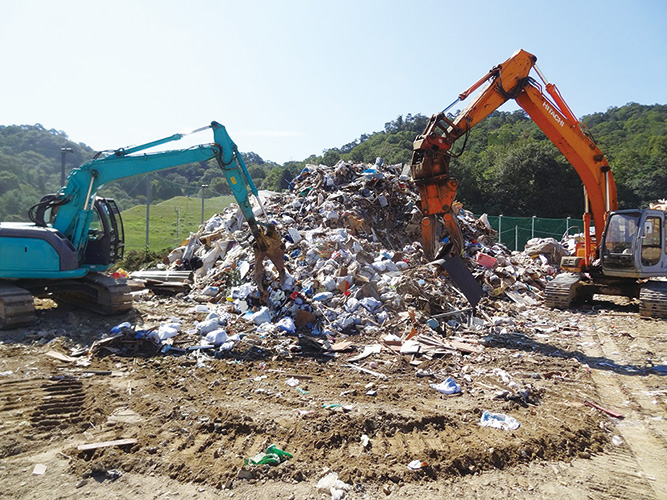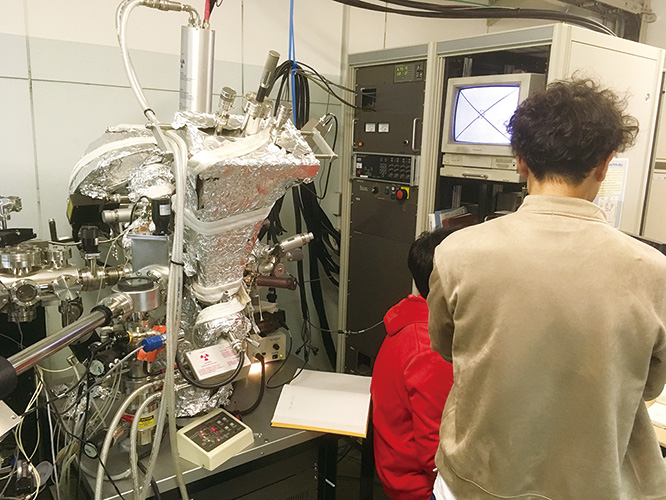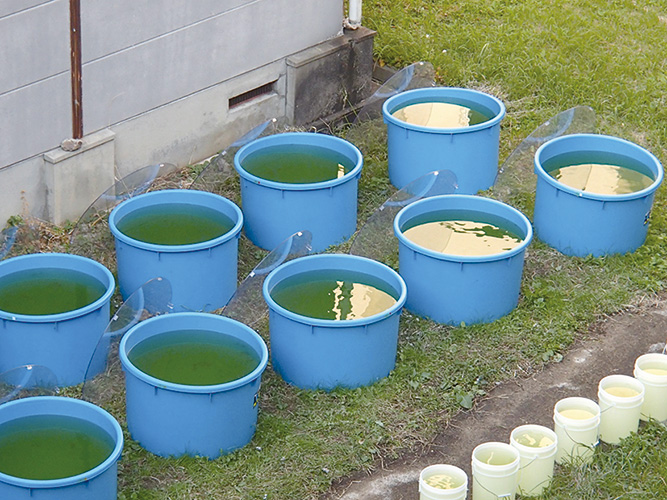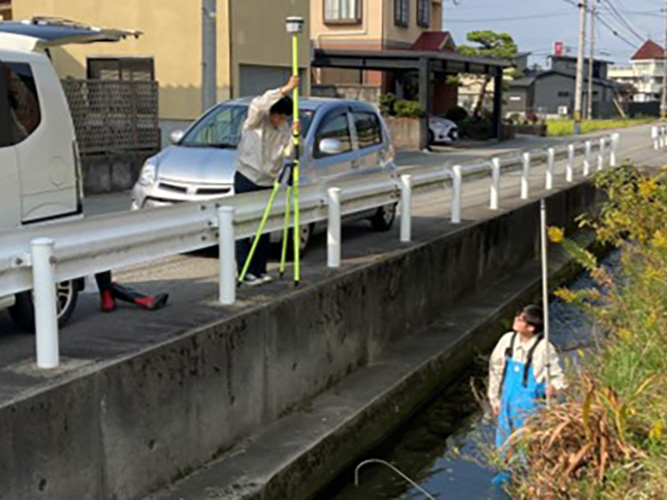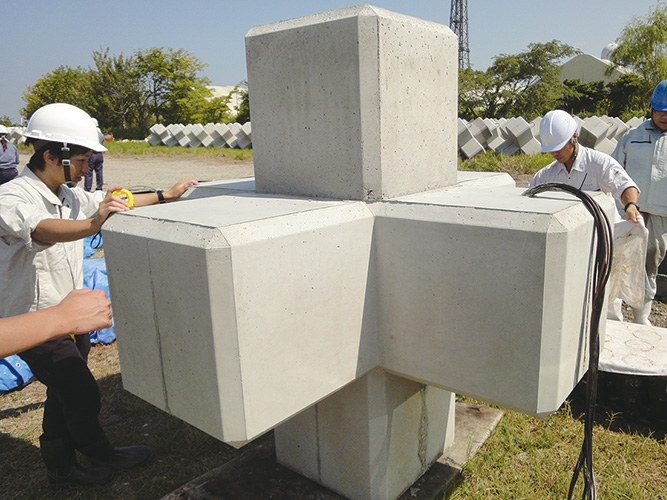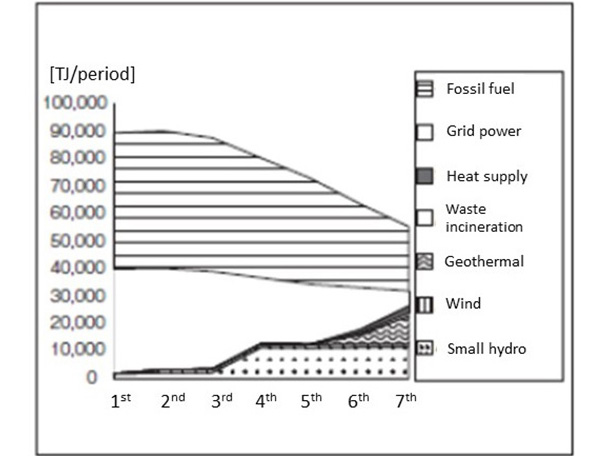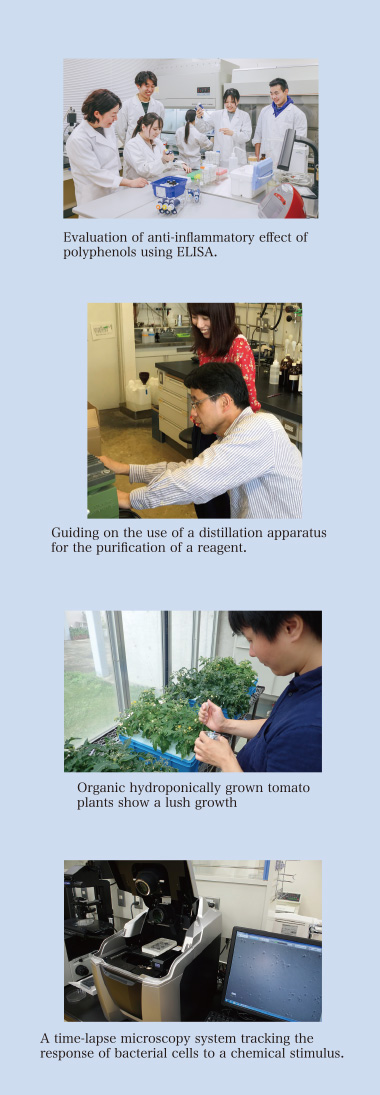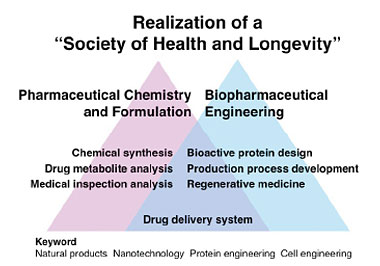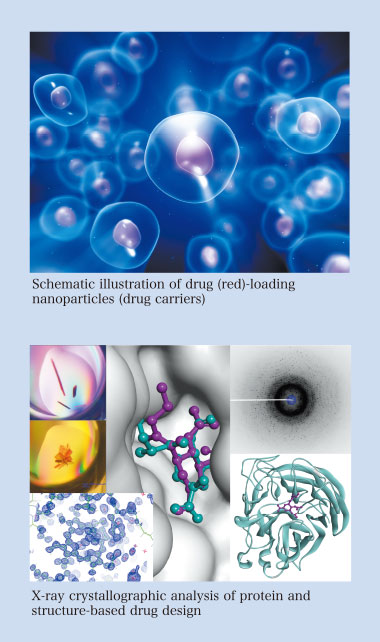1 Enzyme Chemistry
Applied microbiology, biochemistry, molecular biology, gene expression, enzymology, organic chemistry, X-ray crystallography, protein engineering based on 3D structure, high-throughput screening of enzymes, enzymatic synthesis of chiral intermediates, and biotransformation of synthetic chemicals.
2 Biocatalysis and Bioprocessing
Biocatalysis, enzyme engineering,
molecular genetics, protein engineering, biological chemistry, and applied microbiology.
3 Microbial Engineering
Exploration of new bioactive compounds
from underexploited marine and terrestrial microorganisms, structure elucidation,
evaluation of bioactivity, and biosynthesis.
4 Bioorganic Chemistry
Total synthesis of bioactive natural products, computational chemistry, drug design, and chemistry of woody biomass and lignin.
5 Food Science and Technology
Molecular biochemistry of functional foods, metabolism of biofactors including physiological and dietary compounds, enzyme chemistry of xenobiotic-metabolizing enzymes, and molecular biology in animals.
6 Plant and Cell Engineering
Biochemistry, enzymology, bioorganic chemistry, plant cell and tissue culture, genetic engineering, molecular breeding, natural product biosynthesis, secondary metabolism and its regulation, and biomass utilization.
7 Applied Bioinformatics
Microbioinformatics, genome engineering, genome evolution, cell engineering, cell evolution, and systems biology.

